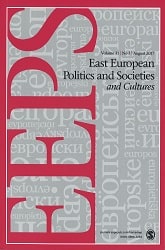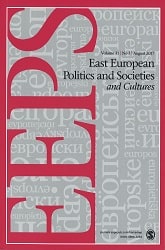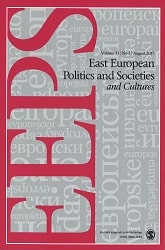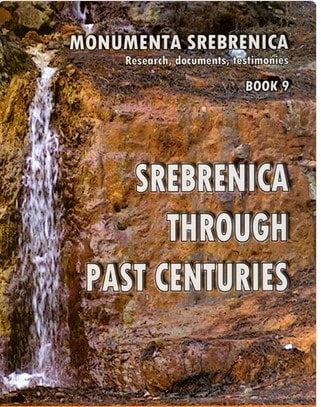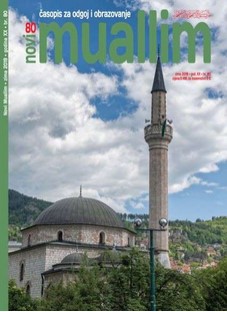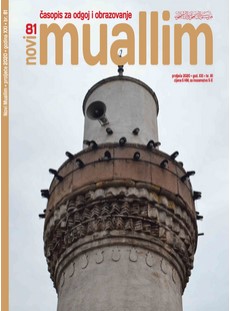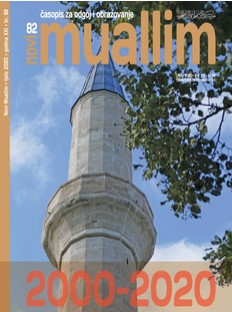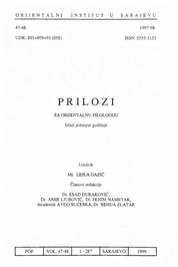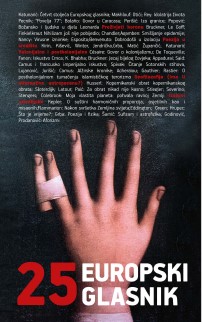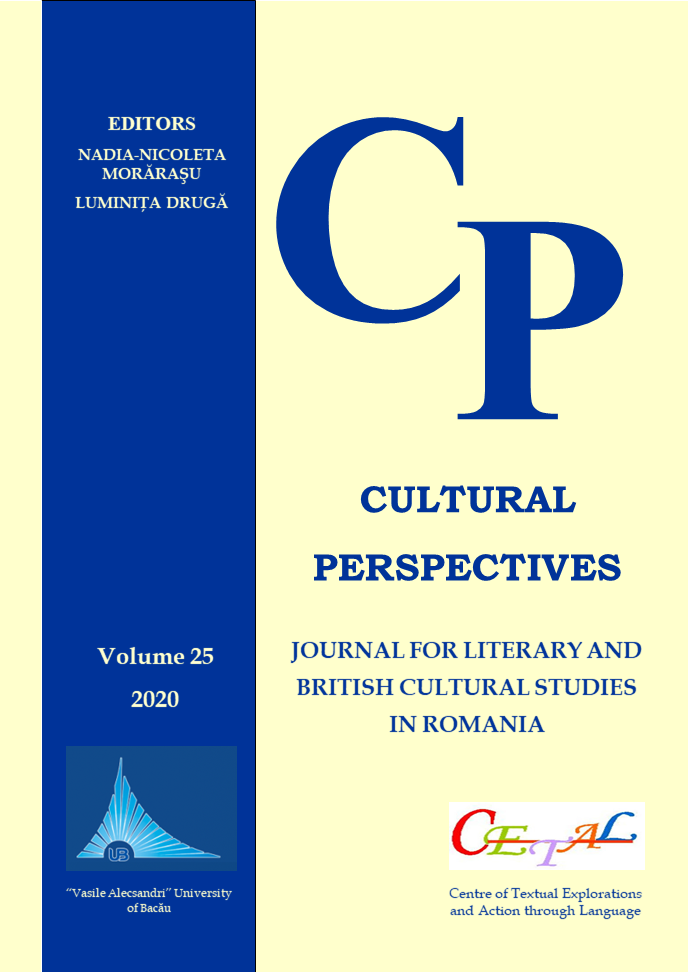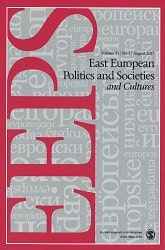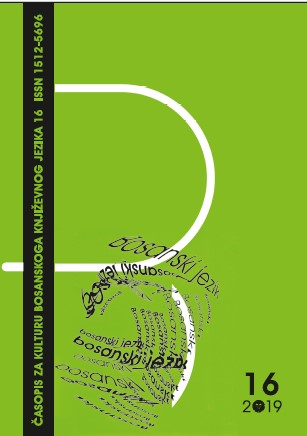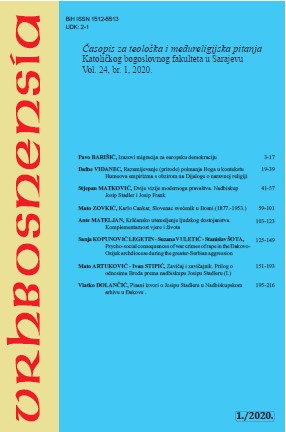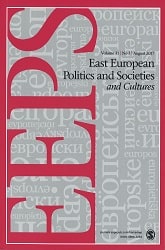
Armenian Diaspora Main Lobbying Agendas in the United States in the 21st Century
This article is an introduction to the subject matter of the main points of interest for the Armenian lobbying groups in the United States of America. This ethnic community has become the second-largest group of Armenians living outside the Republic of Armenia and currently the most politically active. Not only do they affect their host country policy and economy of the homeland, but Armenian Americans aim to act on behalf of the whole global diaspora. In particular, they are lobbying for the recognition of the Armenian genocide and adopting specific policies towards Nagorno-Karabakh, Azerbaijan, and Turkey. The involvement of the Armenian minority in the United States of America goes beyond political and economic issues. Diaspora has managed to create academic centers at American universities researching Armenian culture, history, and language, as well as funding collections of Armenian art. In 2020 the construction of the Armenian Americans Museum will begin. The mission of the center will be to document the experience of Armenian migration. These initiatives are part of specific ethnic “soft power.” Armenian Americans lobbying groups have succeeded in passing Resolution 150 in the United States of America. Congress that recognizes as a genocide mass killing of Armenians in the Ottoman Empire. This is the result of almost 50 years of diaspora operations, always blocked by the Turkish lobby. Although relatively few, compared to the entire United States of America population, the Armenian Americans community continues to pursue their goals successfully. In 2015, as part of the celebration of the anniversary of the Genocide, the Armenian diaspora established a series of charitable events and funded the Aurora Prize for Awakening Humanity. Today, the largest number of American Armenians live on the West Coast of the United States of America, and Los Angeles has become the center of the diaspora. As a result of the actions of its social organizations, state schools have created classes for pupils speaking Armenian. Since 2010, the days of remembrance of Genocide have been officially celebrated in California. To identify the most critical factors, this article is based on various data from official United States of America government sources, monographs, and scientific articles, as well as press materials and geopolitics web portals.
More...
